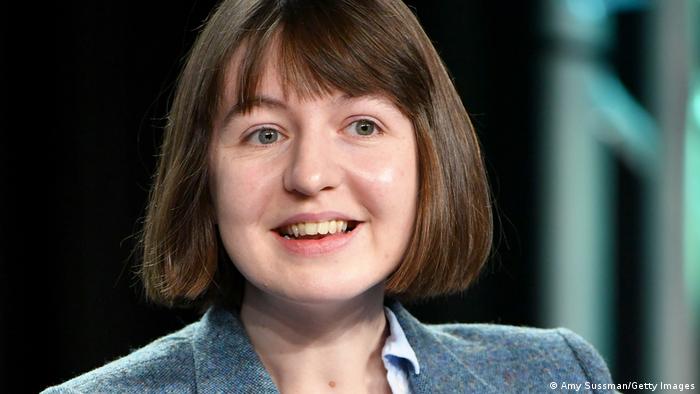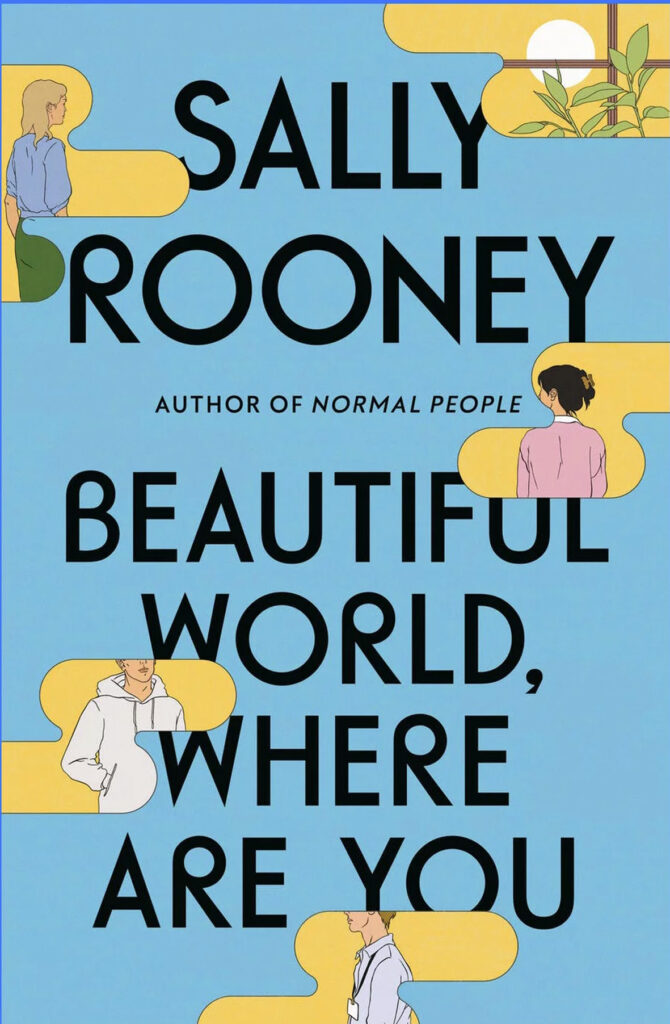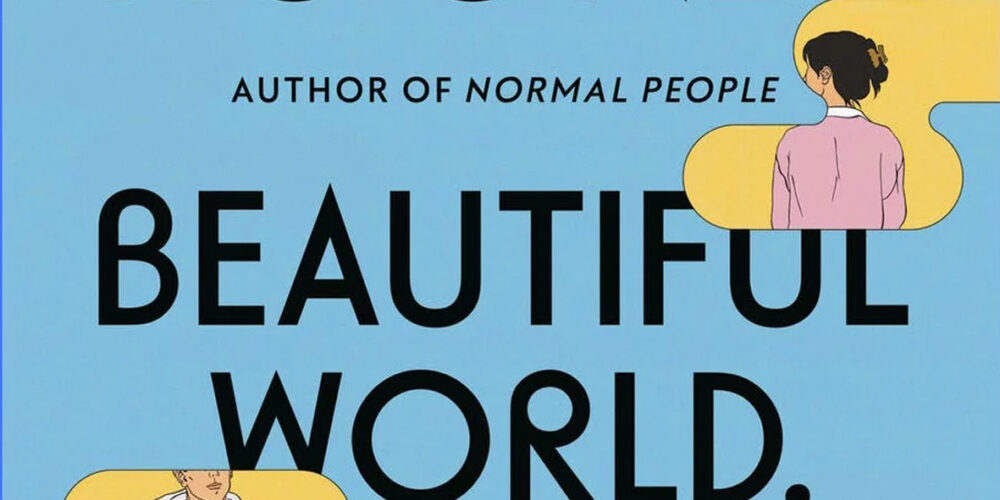Sally Rooney’s hotly anticipated latest novel, Beautiful World, Where Are You, frames a taut interpersonal drama of interlinked friendships and romance against the wider context of history, class, and labour, exploring the inherent ridiculousness of millennial existence in an increasingly fraught, complicated world.
Rooney’s self-avowed Marxist credentials are apparent in this most recent offering. Her main characters—who at times can be read as either extensions of or foils for the author herself—are class-conscious, smart, and often sad. They discuss life, love, religion, and the contradictions of everyday life under capitalism, through a series of email exchanges—an artful update of the epistolary novel format.
Alice, a famous young writer—by her own admission nearly a millionaire, her money acquired “just from books”—writes to Eileen, her best friend from university, equally brilliant although working for a pittance at a literary magazine. Eileen pines after Simon, a childhood friend working for the government, while Alice falls for Felix, a factory worker she meets on a dating app after moving to the country to take space from her uneasy relationship with her own celebrity status.

Rooney’s novel invites—but does not overtly prompt—a Marxist reading in its weaving together of certain elements throughout. These include the contested relationship between the individual and their labour—“that’s the thing about work, if you liked it you’d do it for free,” Felix wryly notes, his labourer status at odds with Alice’s accrued wealth. Also present are concerns about the acquisition of property, the universal search for meaning, and considerations about whether beauty is possible in a world that is falling apart at the seams.
Her characters even debate the appeal of contemporary communism: “and to all these new people trying to make communism cool, I would just like to say, welcome aboard, comrades.” Arch comments on the rampant inequalities evident in the world sit snugly with millennial quips in the same breath: “It seems that there exists a curiously unexplained belief that the conditions of exploitation will by themselves generate a solution to exploitation—and that to suggest otherwise is condescending and superior, like mansplaining.”
Underneath the novel’s surface is an invitation to read her characters not just as mouthpieces of millennial malcontent but as reminders of the necessity of a historical and political awareness—an understanding of the systems structuring our present reality that have led to our present moment. Anxieties about the role of culture, specifically literary culture, in misdirecting the historical narratives available to humanity are keenly felt throughout. At one point Alice observes: “The problem with the Euro-American novel is that it relied for its structural integrity on suppressing the lived realities of most human beings on earth.”
Angst also stems from the idea that the circumstances of our arrival at this present moment in history have left the future of the twenty-first century unstructured and unmapped. Alice writes to Eileen: “I’m not going to get into another argument with you about the Soviet Union, but when it died so did history. I think of the twentieth century as one long question, and in the end we got the answer wrong.”
Rooney’s self-awareness about the concept of the celebrity author is negotiated here, both on and off the page. The furore surrounding her book’s publication reflects the contradictory nature of such a “marketable” author. The commercialisation of her brand reached fever pitch with this novel: before reaching the literary sphere a host of much-coveted merchandise was distributed by her publisher, including tote bags, a branded truck in New York serving coffee outside independent bookshops, and—perhaps most bizarrely—a mustard-yellow bucket hat emblazoned with the novel’s title.
It is hard not to read these branded items as slightly tongue-in-cheek, contradictory expressions of Rooney’s celebrity status and political affiliations. This is especially pertinent in the light of her recent refusal to sell the novel’s translation rights to an Israeli publishing house, stating her support for the BDS movement. But then again the inherent contradictions of a class-conscious author making money through her intensely popular books only reinforce the paradoxical nature of marketable celebrity status under capitalism.
At its heart, however, the novel is concerned with the idea of “loving and worrying” about the people we know on a local level, almost in defiance of the global crises resulting from the exploitative chokehold of capitalism. In this reaffirmation of humanity the relationships between and among people take central importance; their problems are enduringly, and often endearingly, human.
Rooney’s novels, therefore, do not directly instruct—didactics have never been her modus operandi—rather, she extends an invitation to consider the complexities of millennial existence through a Marxist lens, among others, however imperfectly. It is up to her audience—fans and detractors alike—whether to accept this invitation or not.







